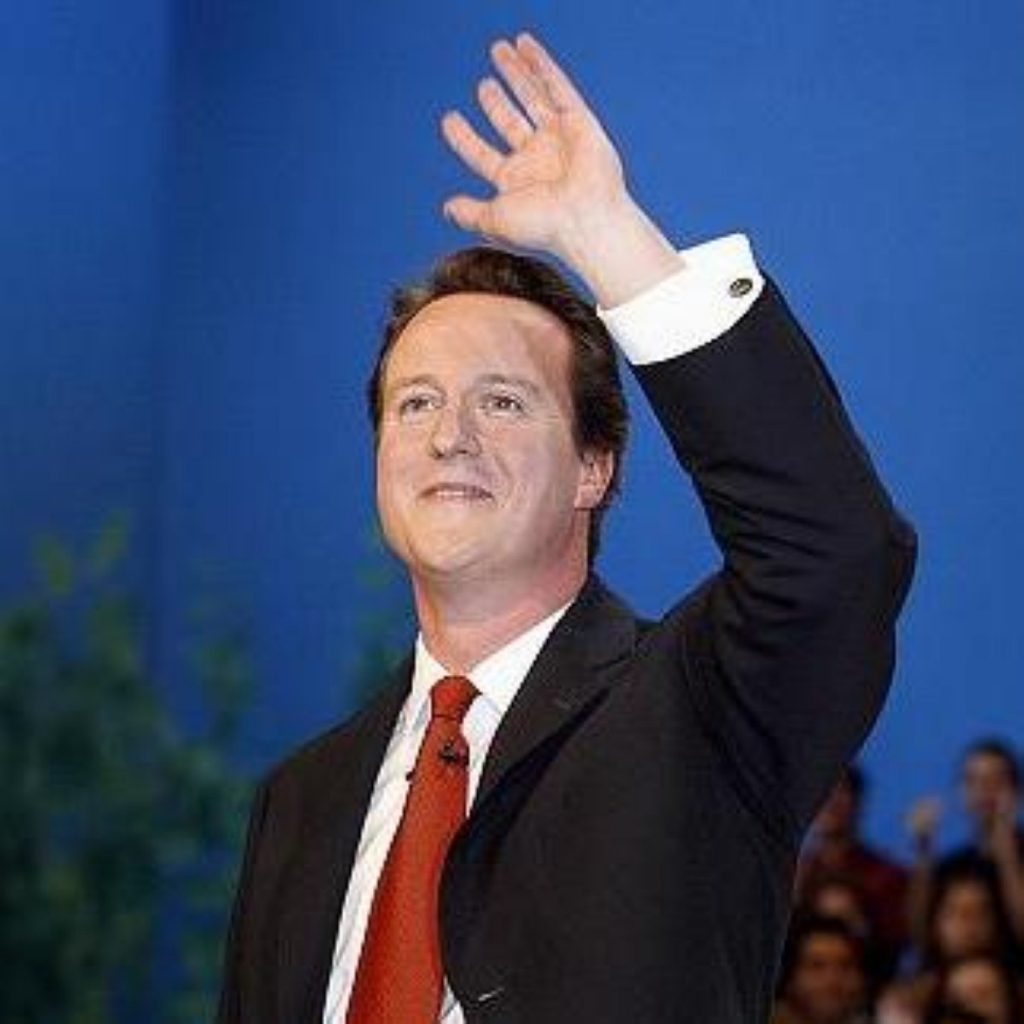Cameron ‘would keep New Labour reforms’
David Cameron has condemned the pace of public service reform under Labour as “frenetic” and “often contradictory” – but said he would keep most of the changes.
The Conservative leader said Tony Blair had wasted his first two terms in office by reversing Tory policies and then reinstating them, and pledged he would not do the same but instead offer the “long runway approach to political change”.
“Labour’s pace of reform in the public services has been frenetic, legislative-driven, very top-down, and often contradictory,” he told The Guardian.
“We are not going to make the mistake they did and just cancel everything they did. We are going to learn and keep the good things. The pace will be less legislative, more about devolution and more about social responsibility.”


His comments will provoke Tory voters concerned that Mr Cameron’s ambitions are to build a blue version of New Labour, but they reflect the disillusionment among staff about the relentless pace of change in the NHS, schools and the criminal justice system.
On Wednesday, Tony Blair argued that leadership was all about pushing change forward, telling the Confederation of British Industry (CBI): “The truth is whether it is in the private sector or the public sector we have no option but to carry on changing constantly.
“The truth about this is that there isn’t a reform programme that is going to come to a halt and then everything is going to go into a steady state and will remain like that for decades to come. That’s not the world in which we live.”
But in a question and answer session, TUC general secretary Brendan Barber warned the prime minister that this approach sent a message to staff that public services were “still grossly inadequate” – which severely damaged morale.
He added: “A second key concern.is about the pace of change and about the extent to which change is really tested and evaluated and the solidity of the evidence base for change before things are rolled out right across public services.”
Mr Blair acknowledged that “whilst [change] is happening, everyone resists it”. However, he insisted that “when it does happen you find a couple of years later no-one can remember what the fight was about”.
“What I have learned in the end, and uncomfortable though it is, and difficult though it is, is you might as well face up to the fact of continuous improvements, put the reforms in place, take them through even though it is difficult and maybe unpopular,” he said.
The prime minister argued this was the “only way to provide leadership rather than simply managing a static situation and in the end I think the leadership route – this is my final reflection on ten years – is better than the alternative, which is the absence of it”.

